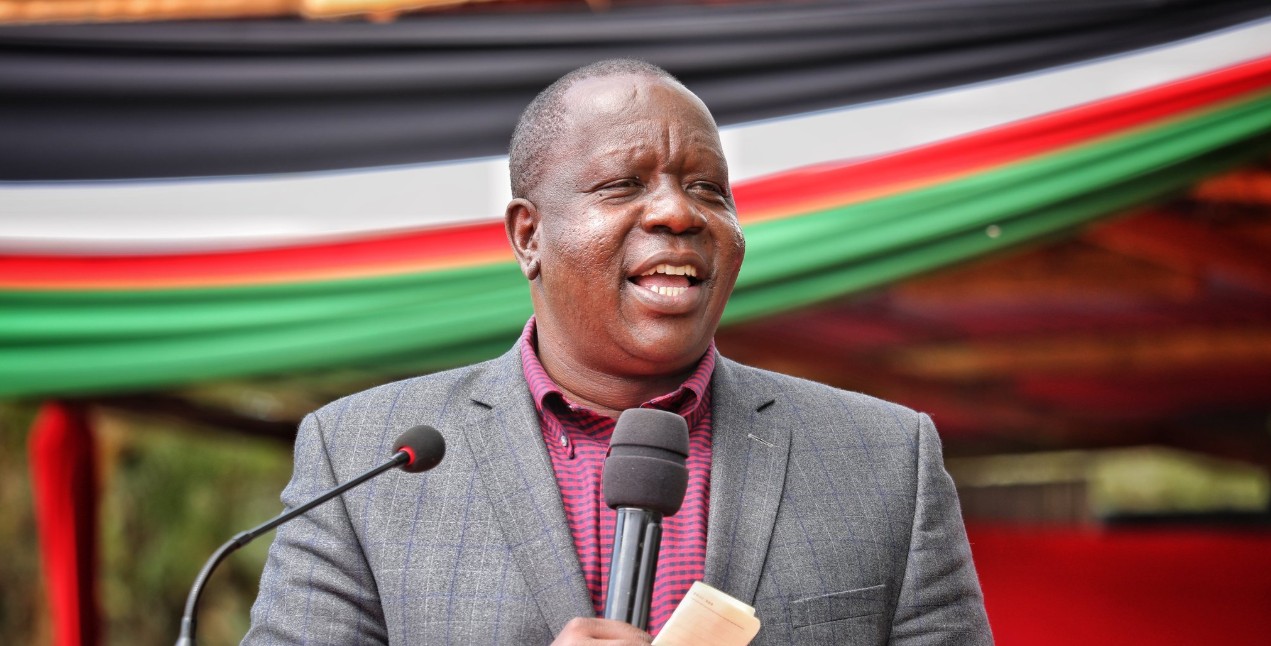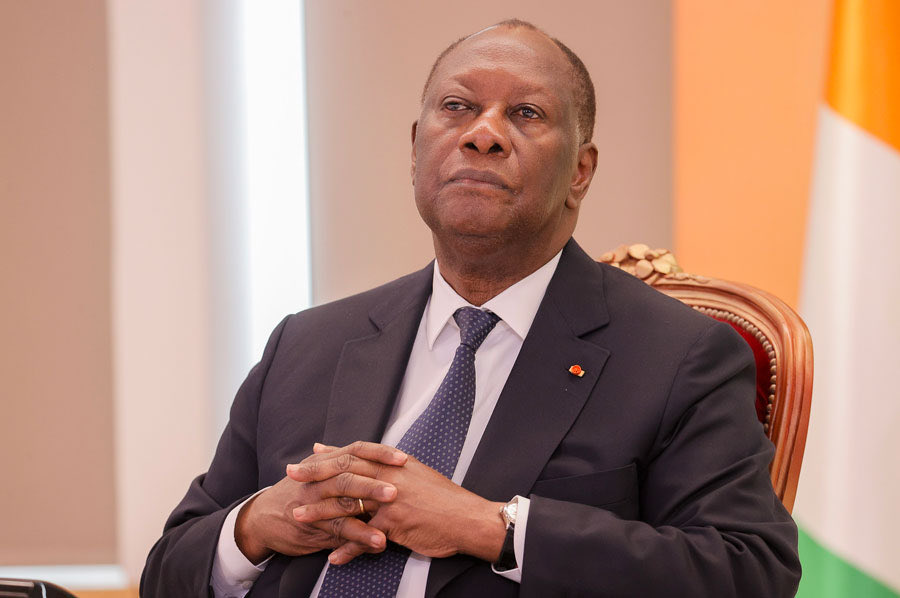Court blocks Sh3.4 billion teachers' promotion case over late filing

They argued that in 1996, the Commission promoted untrained A-Level teachers while sidelining those who had undergone formal training, a move they described as discriminatory and unlawful.
A long-running push by more than 6,000 senior teachers to claim promotions and salary arrears dating back nearly three decades has collapsed after the Employment and Labour Relations Court ruled their case against the Teachers Service Commission (TSC) was filed too late.
The teachers, under the lobby group Retired & About to Retire Members Welfare and led by Kepha Mwambala, had sought a court order to compel the TSC to promote them from Primary Teacher 1 (P1) to Secondary Teacher (S1).
More To Read
- Inside Ruto’s bag of goodies aimed at appeasing frustrated Kenyan teachers
- House committee grills TSC over gaps in teacher welfare, policy
- JSS teachers demand autonomy, call for delinking from primary schools
- TSC announces over 45,000 teaching and internship vacancies
- MPs grill TSC over incomplete records of 39,000 unemployed senior teachers
- KNUT issues seven-day strike notice after talks with TSC over CBA collapse
They argued that in 1996, the Commission promoted untrained A-Level teachers while sidelining those who had undergone formal training, a move they described as discriminatory and unlawful.
In their petition filed on March 5, 2025, the group claimed the Commission owed them salary arrears amounting to more than Sh3.45 billion for the period between 1996 and 2010.
They accused the TSC of violating their constitutional rights and breaching employment laws.
But in a ruling delivered by Principal Judge Byram Ongaya, the Court dismissed the case on the grounds that it was time-barred.
The judge upheld a preliminary objection raised by the TSC on May 25, 2025, which had argued that the matter was not constitutional in nature, but rather an ordinary employment dispute.
“The petitioners’ cause of action accrued sometime in 2010 and for unexplained reasons, they did not move to court until the filing of the instant petition,” Justice Ongaya said.
He pointed to Section 89 of the Employment Act, which allows employment-related claims to be filed within three years, or within 12 months if it involves a continuing injury.
He noted that the salary arrears sought were due monthly and that the teachers had failed to act within the legally allowed timeframe.
TSC’s legal counsel, Cavin Anyuor, told the court that the petitioners were trying to avoid the strict deadlines set out in both the Employment Act and the Limitation of Actions Act by presenting the case as a constitutional matter.
“It is disguised as a Constitutional matter and filed 29 years after the cause of action accrued purposely to evade the rigours of the substantive law,” Anyuor said.
In his decision, Justice Ongaya agreed with the TSC’s position and ruled that the Court had no jurisdiction to hear the petition due to the delay. “No legitimate bar to file proceedings within the prescribed time of limitation has been pleaded,” he said.
He further held that while the petitioners had raised claims of discrimination, the core of their case was based on employment contracts and salary claims. “Accordingly, the preliminary objection is upheld,” the judge ruled, effectively ending the teachers’ legal pursuit.
The ruling is a major setback for the petitioners, some of whom are still in active service, while others have already retired. It also closes the door on what they viewed as a chance to correct what they called years of unfair treatment by their employer.
Top Stories Today
















































